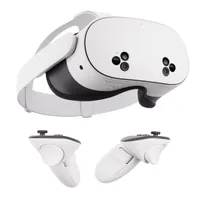Gamers are dead wrong about VR exclusives like Deadpool and Thief. Here's why
Stop whining and just get a headset already.
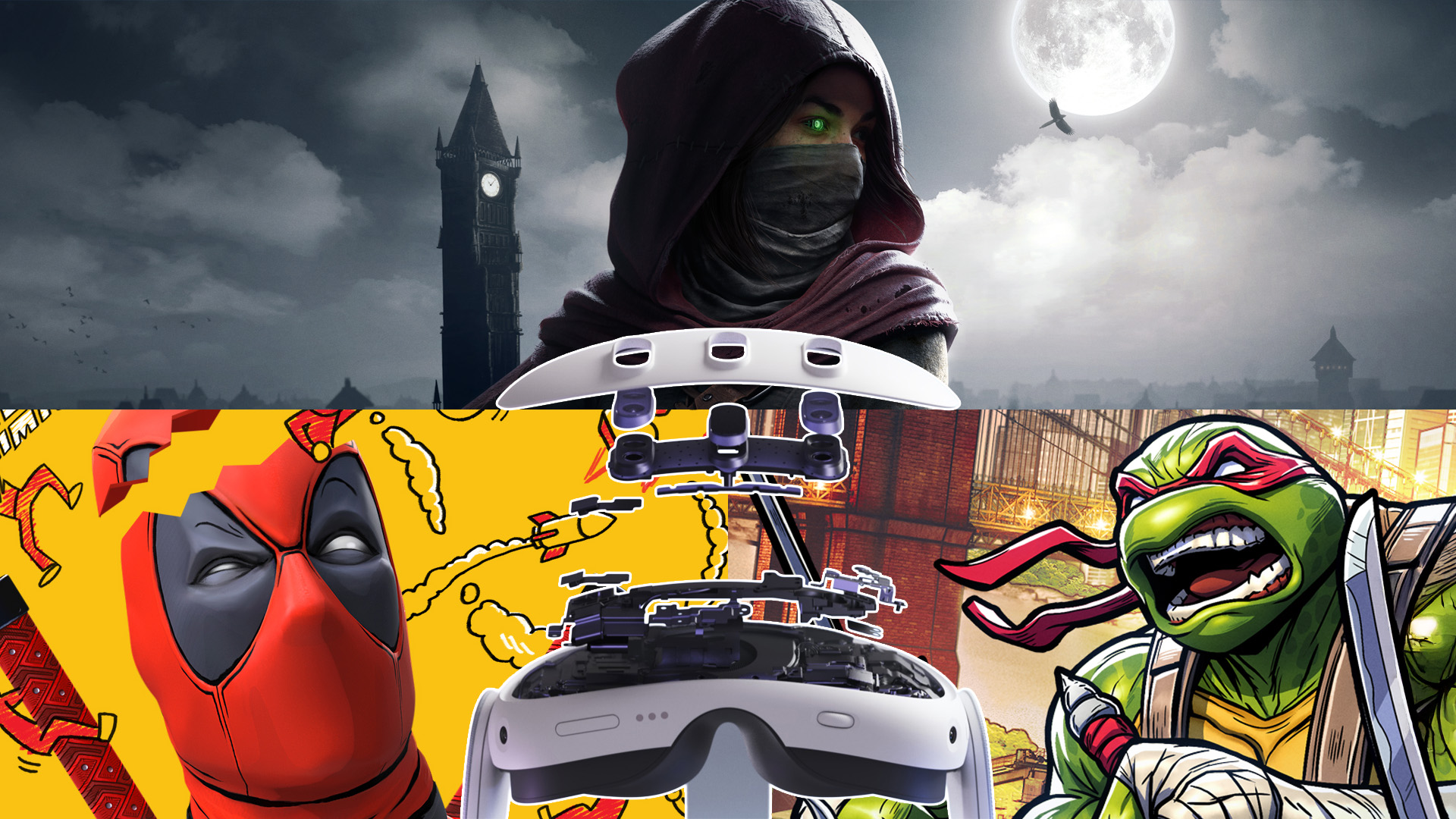
The past two weeks has seen several new VR-exclusive announcements. From Deadpool VR to Thief VR, and even a new built-for-VR co-op Teenage Mutant Ninja Turtles game, Meta Quest gamers are about to have a ton of fun.

In his weekly column, Android Central Senior Content Producer Nick Sutrich delves into all things VR, from new hardware to new games, upcoming technologies, and so much more.
But a subset of gamers seems hell-bent on destroying anything VR because "they don't like it," regardless of whether the game or the experience is a good one. VR gamers, it seems, simply aren't entitled to the same quality gaming experiences because there's not enough of them to matter.
We saw this same kind of nonsense reaction when Batman: Arkham Shadow was announced, and loud, terminally online gamers didn't let the facts get in the way of their tired arguments then either. That argument goes something like this: "Real gamers" don't play VR games, and developers shouldn't be making serious VR games because they're a "slap in the face" of fans who want the same old games in a shiny new package.
Unfortunately, for them, the reality is that these VR-exclusive games wouldn't exist at all without VR developers looking for a way to get more gamers into VR, and no amount of whining is going to get Ubisoft, WB, or another giant publisher to remake that 20-year-old game you once loved.
The economy of VR gaming
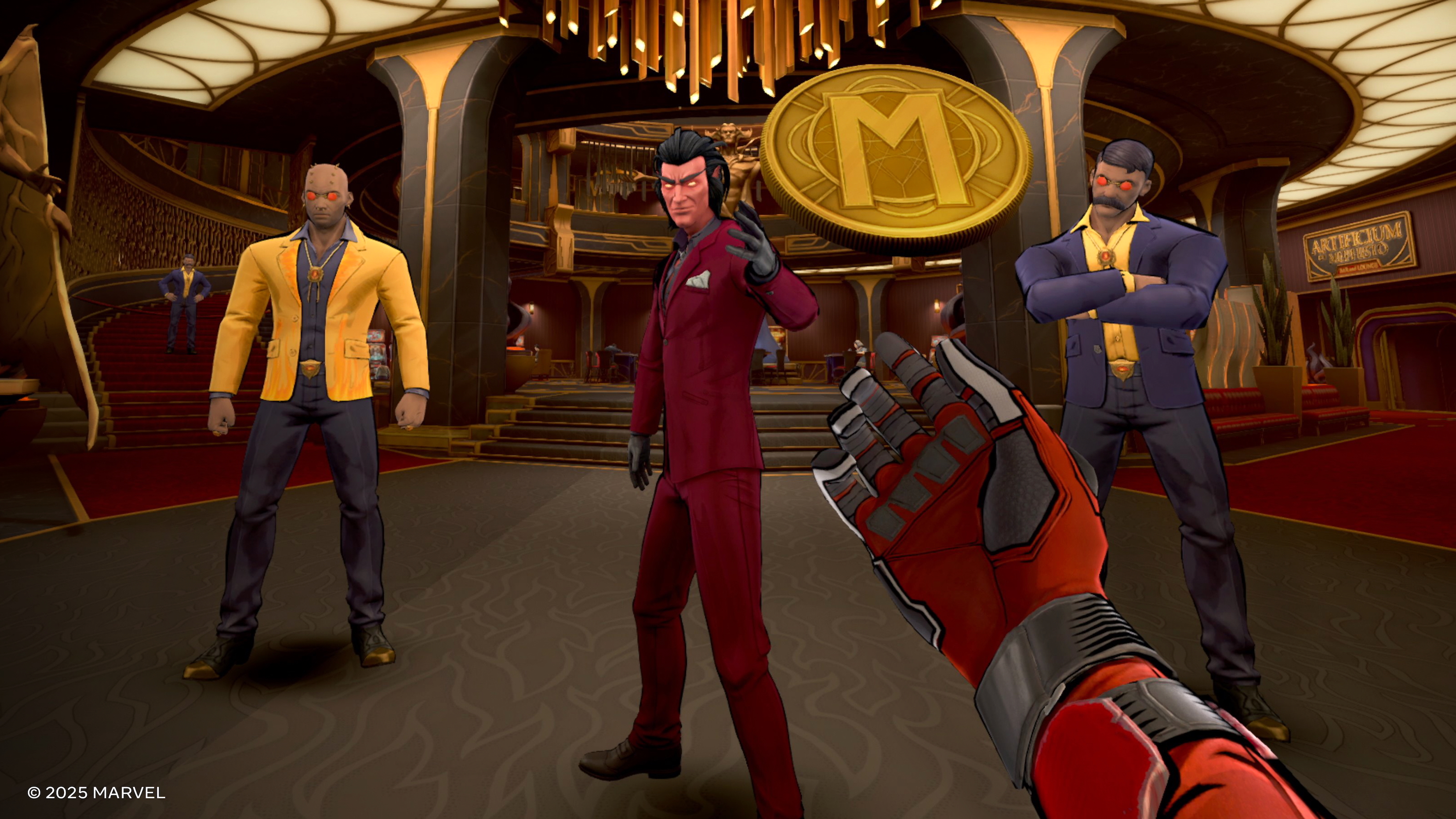
VR games are their own medium, separate from the economy of traditional or even mobile games. You can think of these a bit like paintings, where artists might choose watercolors, oils, or acrylics. The right canvas has to be chosen for these paints to work correctly, and they often don't mix very well.
Because of that, funding for VR games is often separate from funding for traditional games. This is made even more complicated by companies like Sony and Meta, who often fund VR titles behind the scenes, even if they're not the ones publishing them. PSVR 2-exclusive VR modes like those in Resident Evil 7 and 8, for instance, were funded partially by Sony, which is why you don't see them on other systems.
Many titles funded by Meta end up as multiplatform VR games, but some remain as Meta Quest exclusives. Meta has funded hundreds of VR games over the last decade and continues to help support the development and publication of these games. Guess what that means? Without VR-specific funding, these games would never exist.
Get the latest news from Android Central, your trusted companion in the world of Android
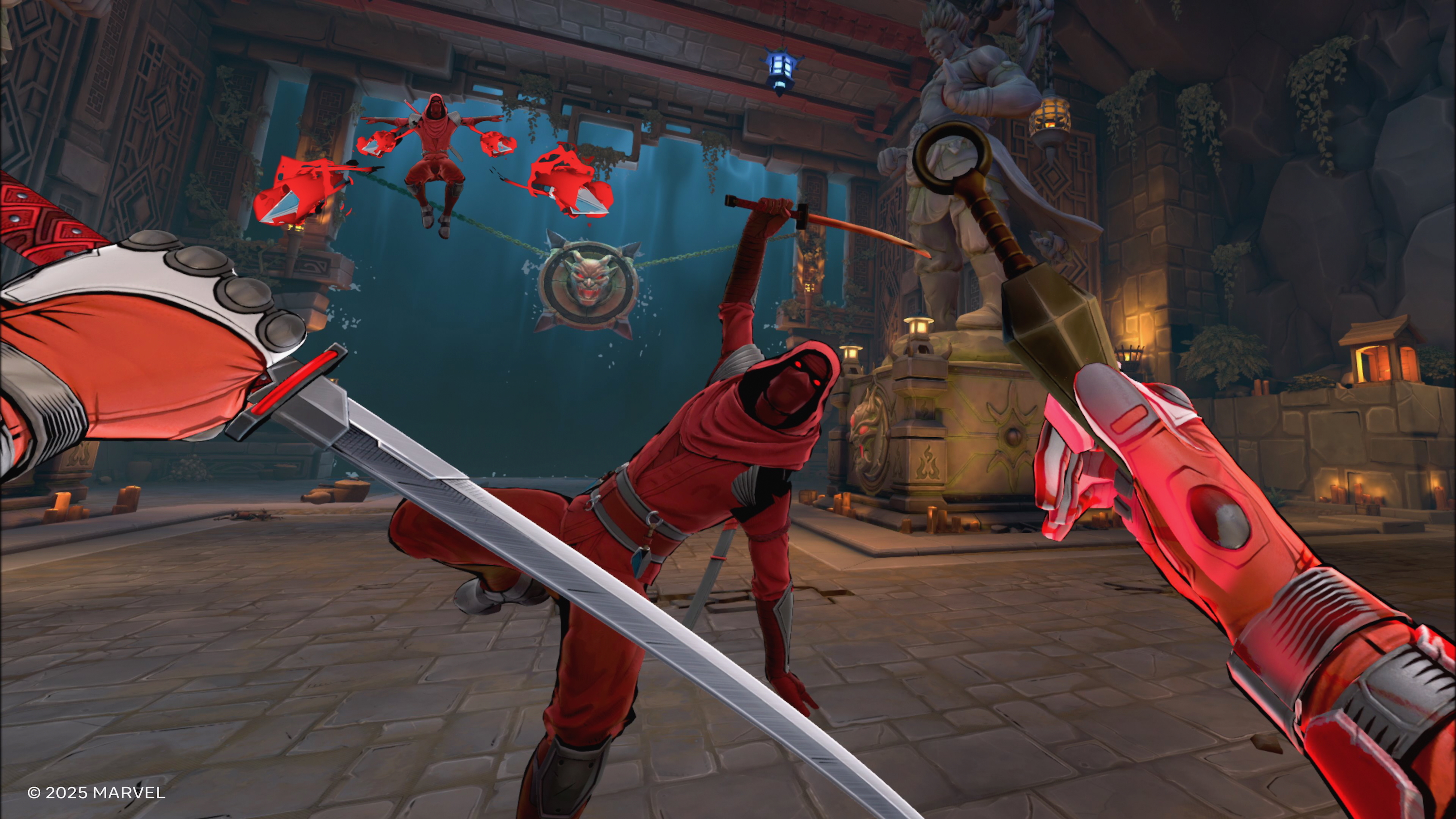
Embracer Group, the parent company of Vertigo Games and owner of the Thief IP, had no interest in making a new traditional Thief game. WB likely had no interest in making another traditional Batman Arkham game. If they did, the most recent releases for these franchises wouldn't have been a decade ago.
The new VR releases of these titles were made possible because companies like Meta approached the owners of these IPs and paid for the opportunity to resurrect a favorite series in a new way. In other words, this is the biggest fan service you could possibly get, as it not only brings back fan-favorite titles but also helps bring them to a modern gaming world with a unique perspective.
Without VR-specific funding, these games would never exist.
Likewise, Metro Awakening wasn't developed instead of a traditional mainline entry into the Metro series. Maze Theory, a VR-only developer, is developing it, while Vertigo Games, the same company that's making Thief VR, is publishing it.
The developers of the mainline Metro series, 4A Games, have been busy making the next mainline Metro game while simultaneously dealing with the Ukraine War since 2022. If you didn't know, 4A Games was founded in Kyiv, and the invasion of Russia is said to have made the next Metro game "even darker" than previous installments. Don't worry, Metro fans, you can have your cake and eat it, too.
But all of these facts seem to fall on deaf ears when it comes to "fans" and their favorite series. Instead of embracing something new and different — even if that difference just means a change of perspective — some gamers seem to be entirely allergic to having fun if that definition of fun doesn't fit a very narrow window.
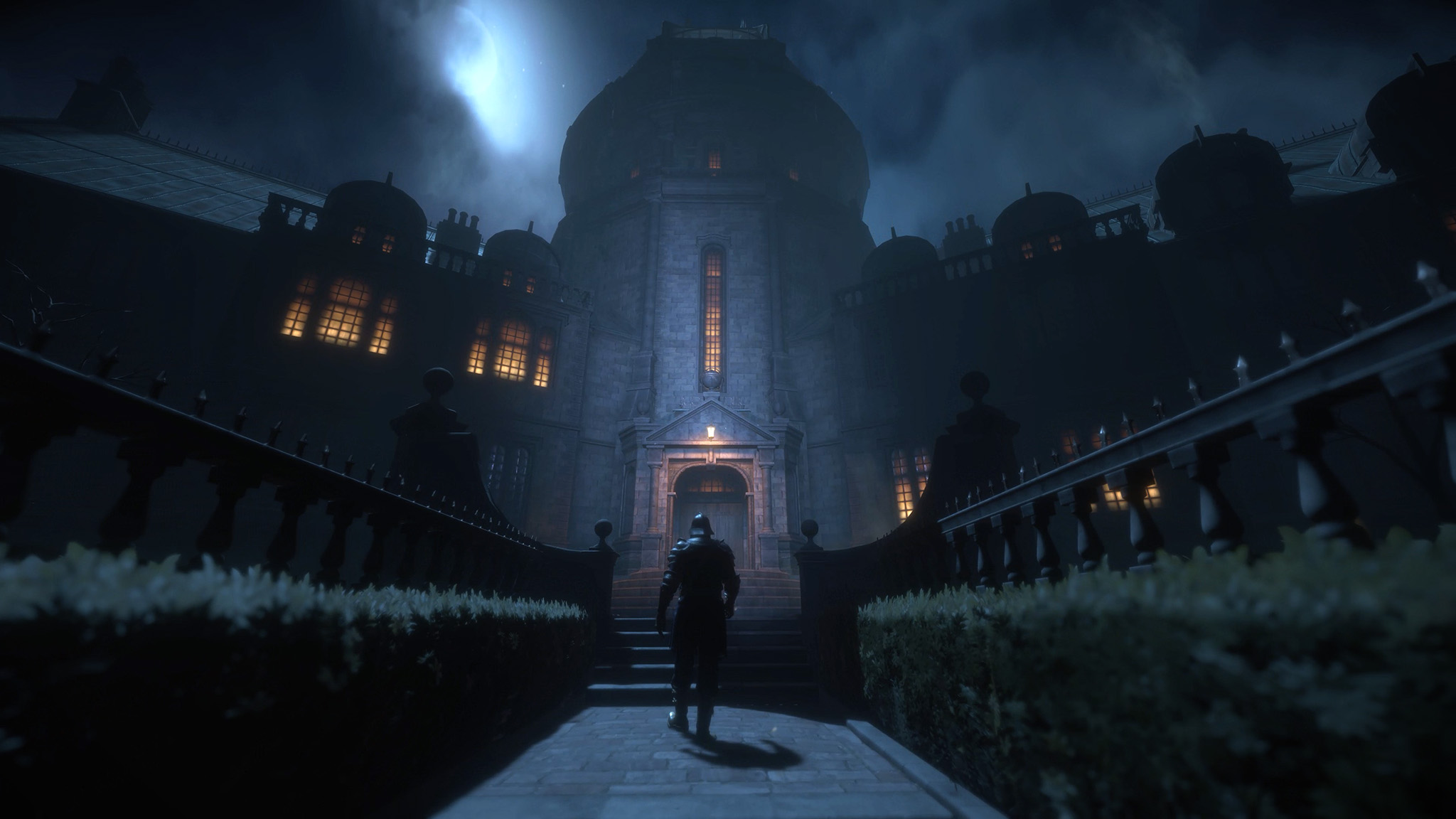
There's a strange sense of irony here, too, given that plenty of gamers complain about new releases feeling the same as old releases, or that the industry has become too reliant on HD remakes of classic games.
Playing something new and different is exciting, and being able to actually do things is what separates VR games from traditional games played on a flat screen. You're the one grabbing the rope, throwing the knife, or landing the punch, not the automated avatar on a distant display.
Publishers are trusting VR developers with more big-name titles than ever, and it's a direct representation of both the quality of VR games and an audience willing to try something fun and new. These games aren't made by the studios that made the 10-year-old entry into your favorite series. They're made bespoke for a new medium with different paradigms, from new developers with an affinity for that medium, and that's a really cool thing to be a part of.
Forever a niche?

One of the biggest arguments against any kind of "big name" VR game is that the medium is too niche for high-caliber titles. Based on a report by the Entertainment Software Association, VR makes up 10% of the total player base of 195.7 million gamers. While 10% falls squarely in the definition of the word niche, the number of folks using VR headsets regularly feels anything but niche.
At just under 20 million active players and primarily made up of Millennials and younger generations, VR has the attention of the next generation of gamers. This is a great thing, for the most part, as it ensures that people who play VR now are still early in their gaming careers, while older gamers tend to enjoy gaming for the purposes of passing the time or relaxation.
If I had to define VR gaming in any single way, it would be the opposite of "relaxation." Most VR games are quite active and require you to move your body, which is probably one of the reasons VR usage is lower among older age groups.
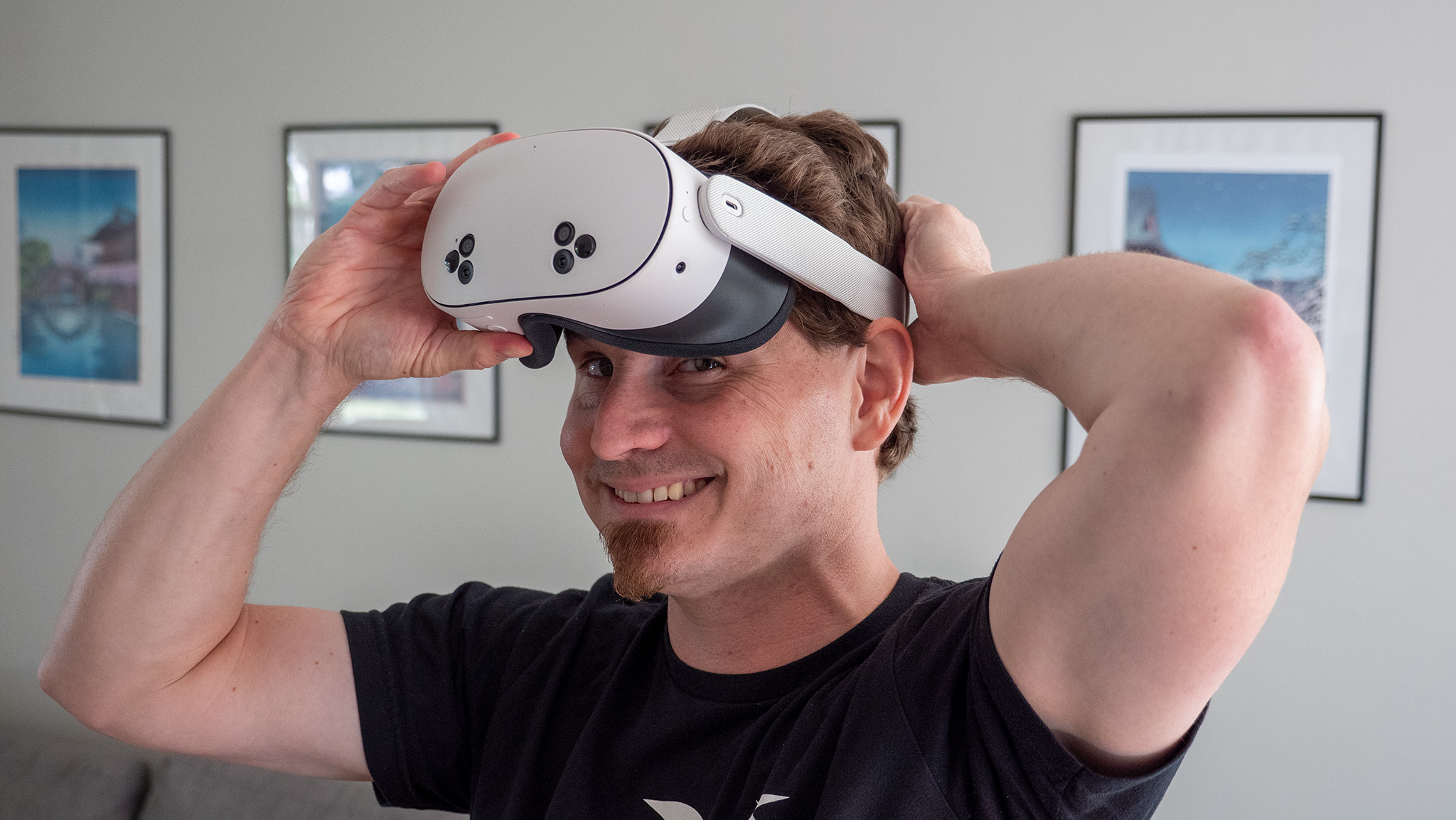
Ironically, playing games "to have fun" is inversely proportional in the ESA's report, with younger gamers opting to choose this as their foremost reason for gaming, while older gamers are significantly less interested. Maybe this fits well with what I said earlier about some gamers being allergic to having fun?
Better yet for VR, "immersion and escape" was listed as the fourth-largest reason people love to play games, and the statistics here were fairly even across age groups. It's nearly impossible to get any more immersive than VR, which suggests that there's more than enough genuine interest to continue driving the medium forward.
To make things even better, Meta is said to be working on a sort of VR/smart glasses hybrid device that'll provide gamers with a substantially lighter headset than the current ones available. This device may launch as early as next year, opening up new pathways for gamers who have opted out of VR because of the size or weight of existing headsets.
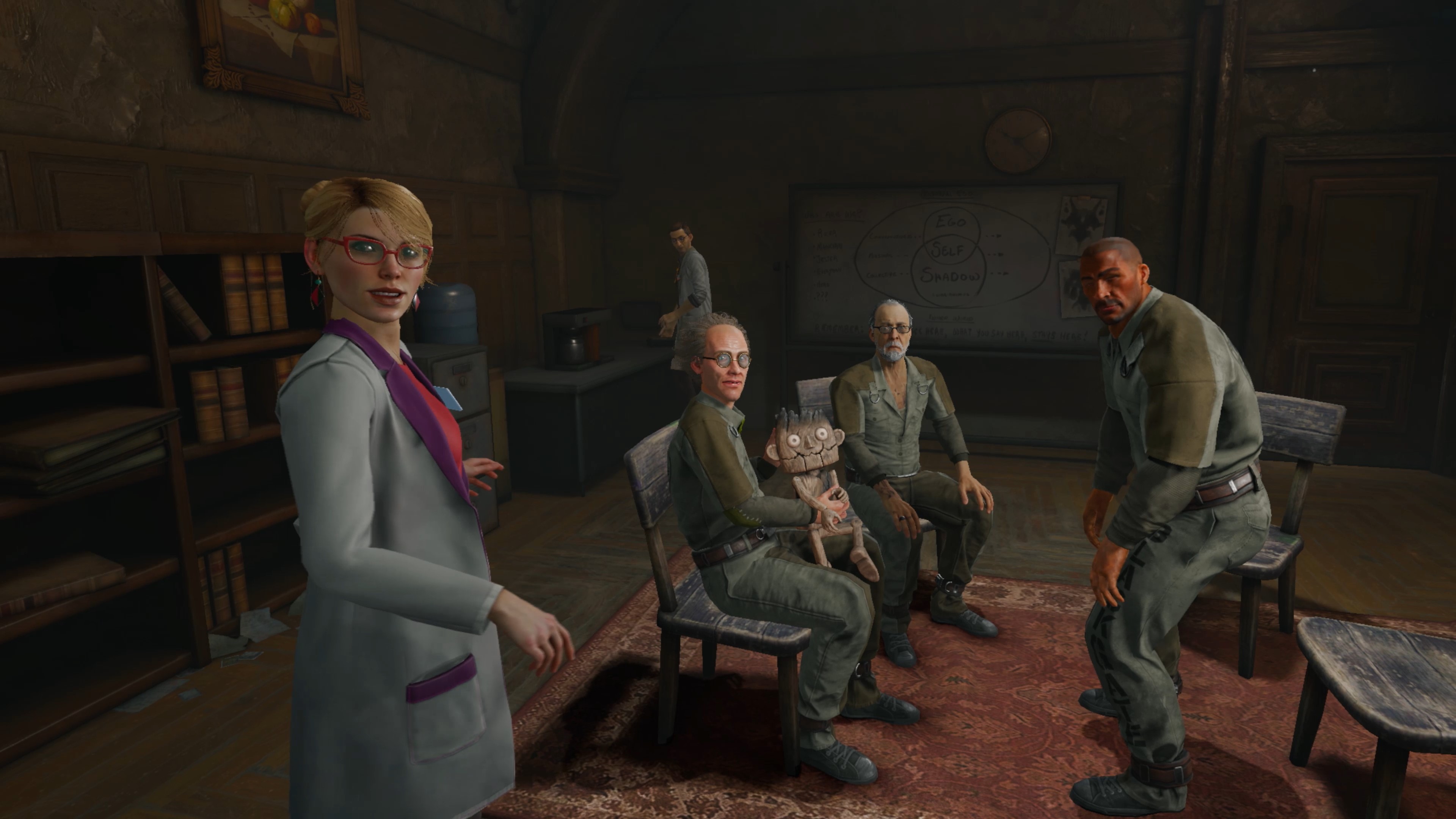
Regardless of the reason, though, I'd love to encourage the nay-sayers to give these games a try. The Meta Quest 3S is back on sale for $269 right now and still includes a free copy of Batman: Arkham Shadow. The Metacritic score for the game is excellent, and it sits alongside many of the best Meta Quest games as a fantastic example of how to make a AAA-quality VR game.
I've seen a few people on social media who still seem to think it costs thousands of dollars to get a VR setup. That's simply not true, and it hasn't been since 2019, when the original Oculus Quest launched.
As a reminder, the Quest 3S is a console and doesn't need a PC or anything else to play, so you can get to playing Batman right now if you head to Best Buy and pick one up. There simply won't be a better deal than that, and you'll be able to finally play a new entry into the series you've been begging to get for a decade (or more)!
Meta Quest 3S 128GB: $299.99 $269.99, plus free copy of Batman: Arkham Shadow and three months of Meta Horizon Plus at Best Buy
Buy the Meta Quest 3S 128GB from Best Buy before the Father's Day sale comes to an end and you'll score a straight $30 off your purchase, knocking the price of the headset down to $269.99. To sweeten the deal, Best Buy is also throwing in that free copy of Batman: Arkham Shadow, plus a free three-month subscription to Meta Horizon Plus, giving you access to two additional games every month.
Need more storage? Upgrade to the 256GB version of the VR headset and you'll increase your discount to $50 off.

You must confirm your public display name before commenting
Please logout and then login again, you will then be prompted to enter your display name.
